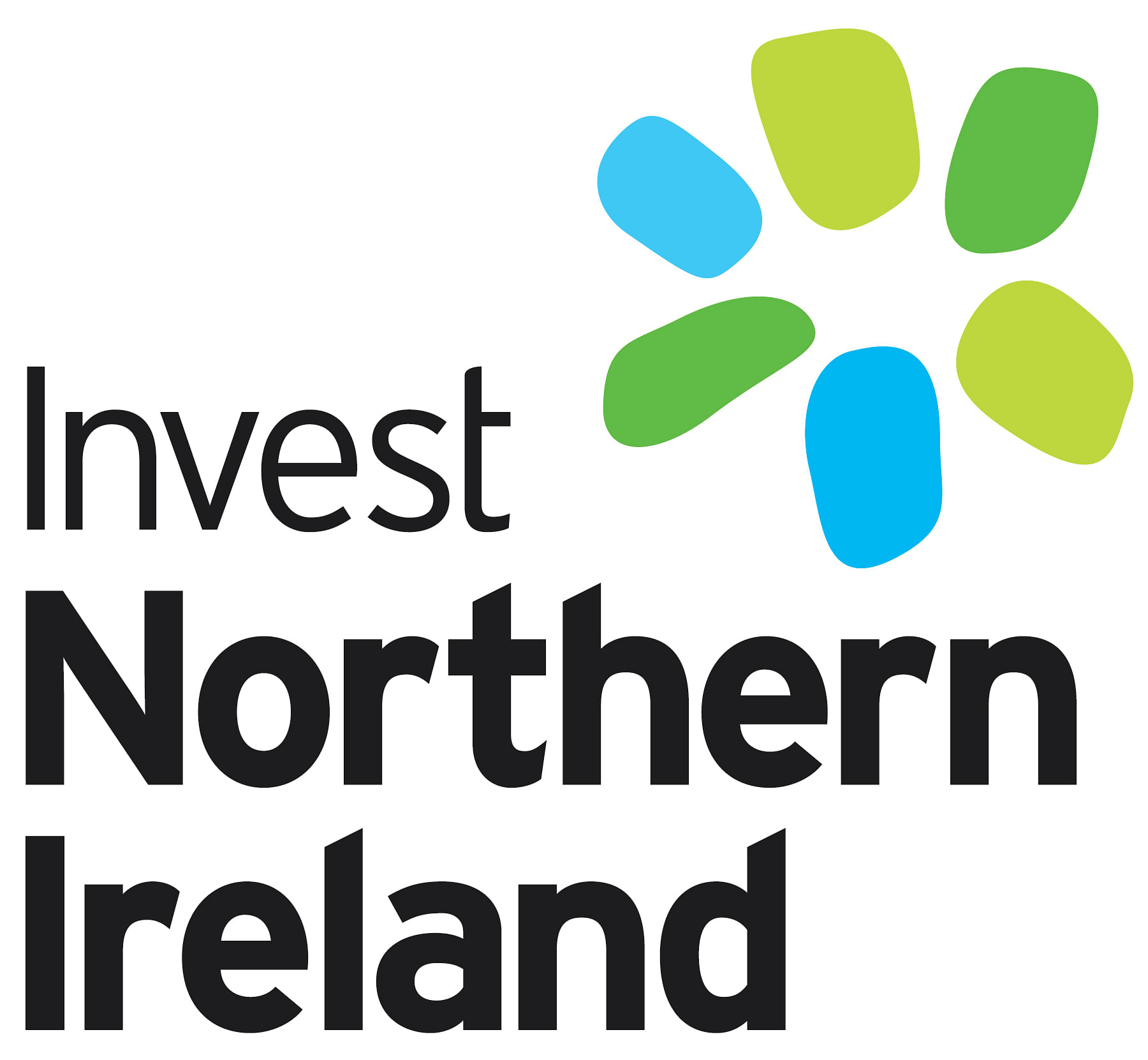BRANDED CONTENT
Building bridges between Singapore and Northern Ireland in tech, education and life sciences
Northern Ireland, a traditional engineering powerhouse, is now a European hub for software development, research and development and global cybersecurity
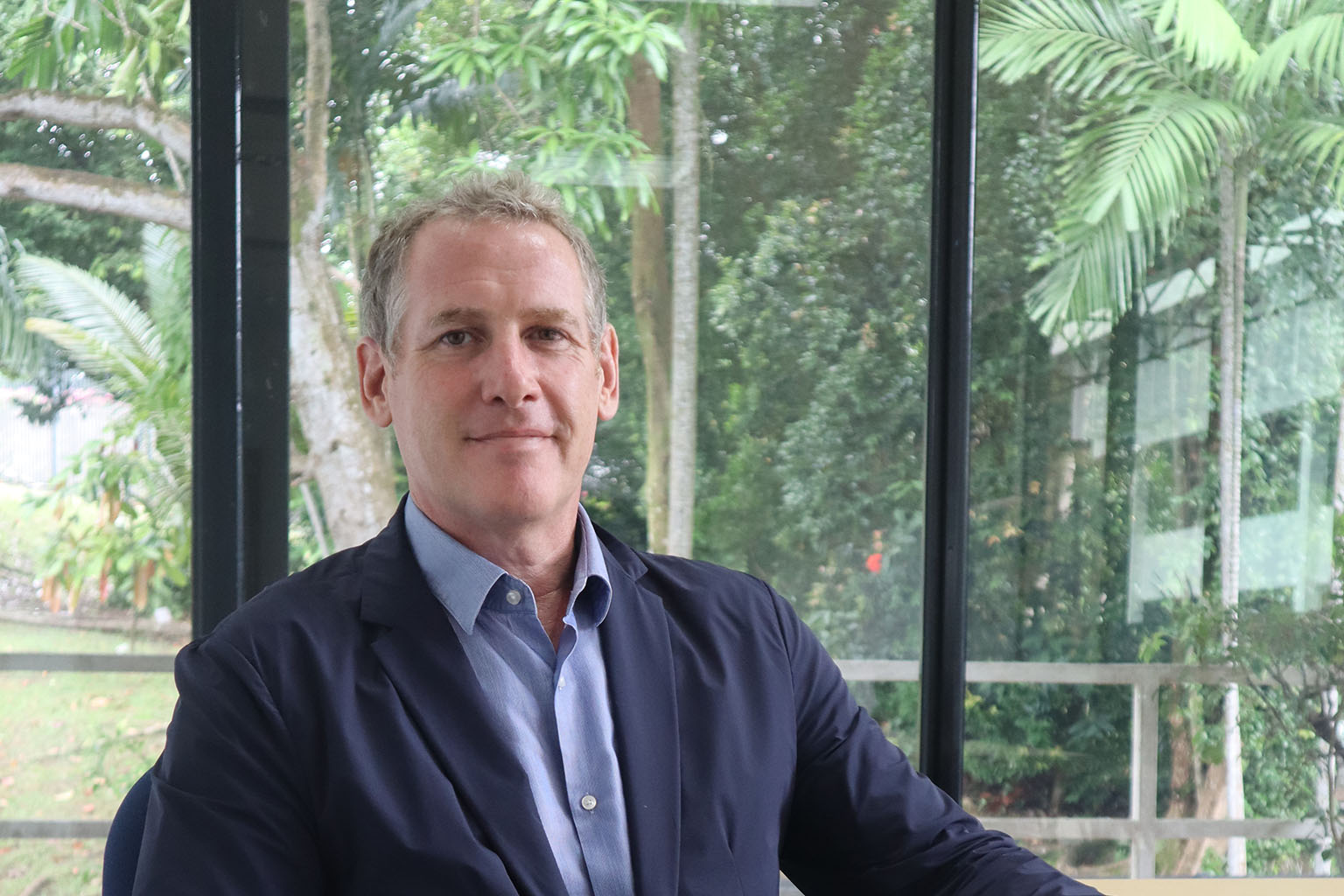
Mr Nick Caldwell, 51, joined Invest Northern Ireland in 2017 and is now the head of Asia Pacific for the economic development agency. He is a long-time Singapore resident who has lived in the city-state for 20 years. PHOTO: INVEST NORTHERN IRELAND
Mr Nick Caldwell has set himself a big goal. He wants to build a super highway of collaboration between Northern Ireland and Singapore, and he has given himself 10 years to accomplish it.
Mr Caldwell is the head of Asia Pacific for Invest Northern Ireland, an economic development agency responsible for attracting new investments as well as helping companies from that region compete internationally. He is a Northern Ireland native who has been based in Singapore for 20 years.
"I want to connect people, education, commercial research, trade and investment" says Mr Caldwell, who has years of experience advising on multiple global and regional mergers and acquisitions and corporate finance deals. He has also had a successful career in hedge fund and venture capital fund management; as well as founding and successfully exiting a fintech start-up.
He adds: "Ultimately, every relationship begins with connecting people and ideas. We could start with transferring students (between both places) to understand one another's culture and experiences, and get those young minds to do collaborative research."
Beyond education, Mr Caldwell, 51, hopes that the collaboration between both sides will expand to include commercial research, trade and investment that will represent a complete "two-way street".
Some of these areas could include data analytics, cybersecurity, fintech, life sciences and other emerging technologies such as blockchain, machine learning and artificial intelligence.
Northern Ireland, meet Singapore. Singapore, meet Northern Ireland
Mr Caldwell is educating Northern Ireland companies about the benefits of Singapore as a gateway to enter and expand in Asia. He is also reaching out to show South-east Asian companies that they can extend their presence to the United Kingdom (UK), Europe and the east coast of North America via Northern Ireland.
There are some Northern Ireland companies which have been trading in Singapore and Asia for many years and have successfully located their Asian headquarters in Singapore. However, there are also many companies that are experienced in working in overseas markets, but making their first foray into Singapore and Asia.
For a start, Mr Caldwell has organised 11 Northern Ireland tech and fintech companies to take part in the second edition of the SFFxSWITCH (Singapore FinTech Festival x the Singapore Week of Innovation and TeCHnology) this month to explore opportunities in Singapore and South-east Asia. This will involve many business-to-business meetings and 11 virtual seminars that will leverage the SFFxSWITCH digital platform. There will be follow-up activities and trade.
When international travel is possible again after Covid-19 restrictions are lifted, Mr Caldwell plans to organise a trade mission for Northern Ireland companies to Singapore next year to continue the trade journey that started with SFFxSWITCH.
He shares more about Northern Ireland, its people and the business opportunities there.
Where is Northern Ireland and how many people live there?
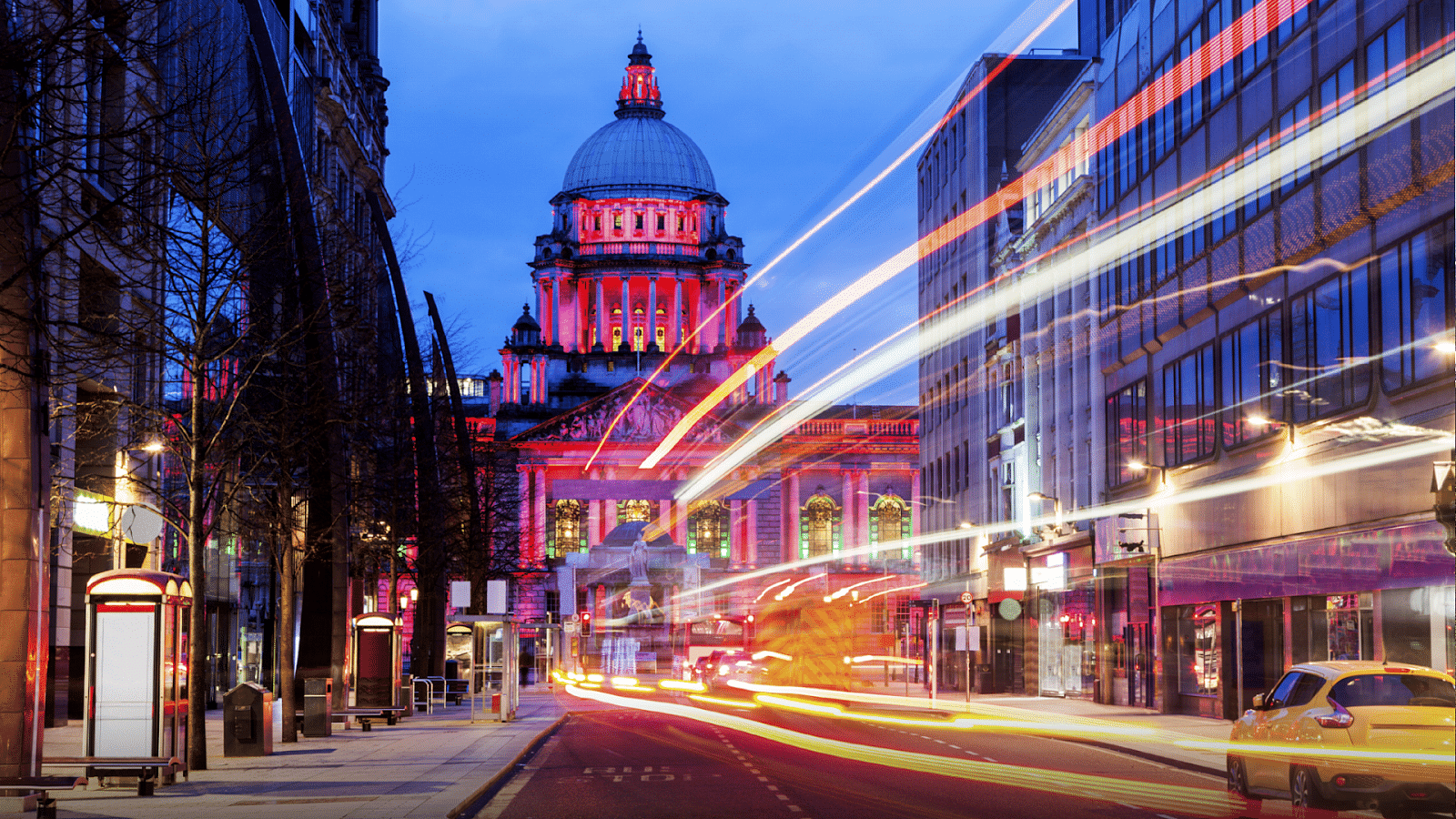
Northern Ireland is part of the UK, and is located in the north of the island of Ireland. We have a population of approximately 1.85 million and one of Europe's youngest and fastest growing populations, with 53 per cent under the age of 40. Our capital is Belfast, a port city where the world-famous Titanic was built at the Harland and Wolff shipyard. Northern Ireland was at the centre of the industrial revolution and is responsible for many engineering firsts.
Today, we are best known for our beautiful and sometimes dramatic countryside and the warmth of our welcome to overseas visitors.
How would you describe Northern Ireland to your Singaporean friends?
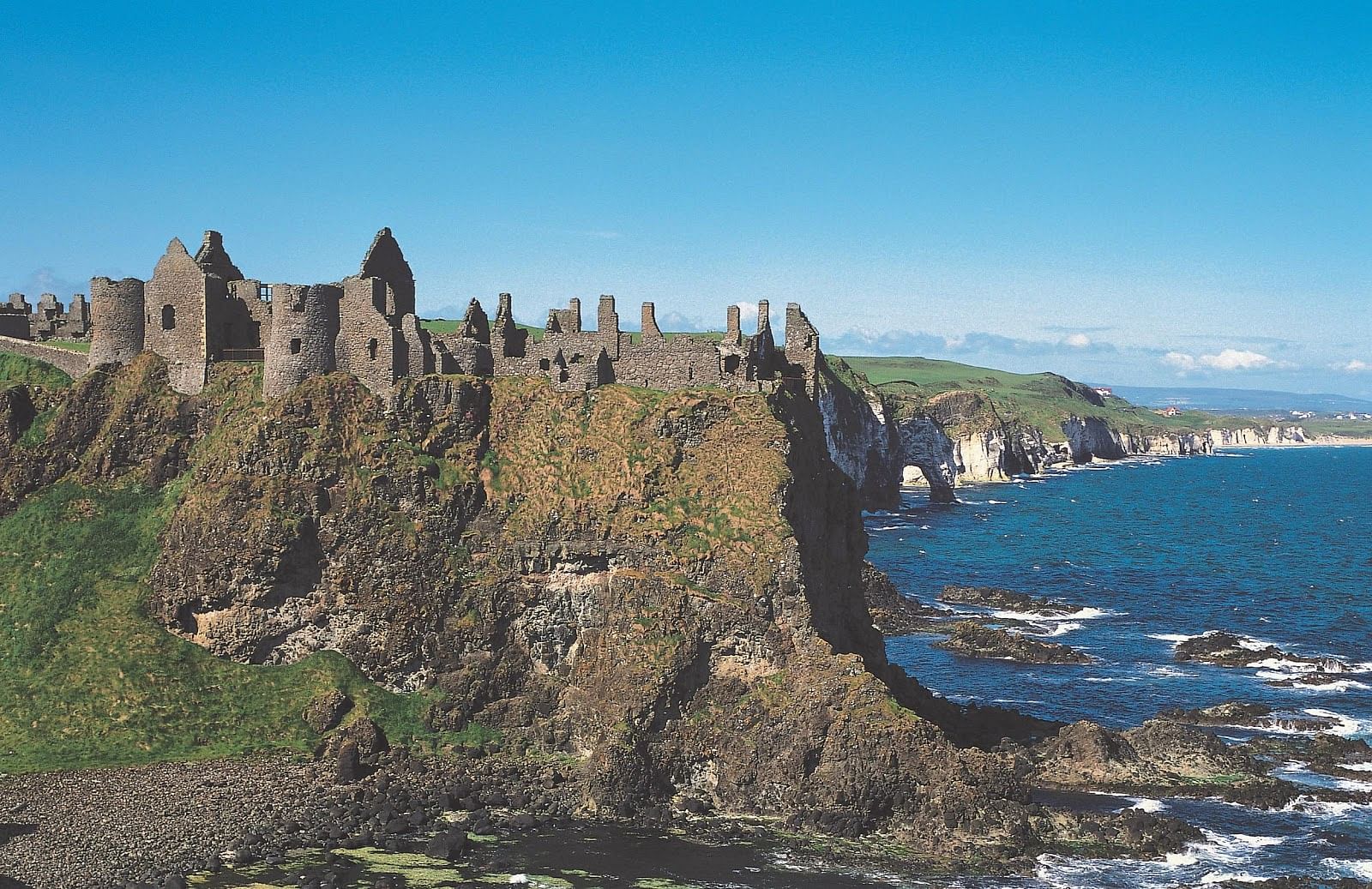
Northern Ireland has a spectacular landscape with towering mountains, dramatic coastlines, foreboding mountains and ageless forests. That is why the fantasy TV series Game Of Thrones was mostly filmed there - filming of seasons one to eight took place in around 25 locations around Northern Ireland. That the TV show is a worldwide cultural phenomenon has also transformed Northern Ireland into a leading international screen tourism destination, bringing many more visitors and fans of the show to Northern Ireland to explore the scenery showcased in the series. Game Of Thrones has become part of Northern Ireland's culture.
And although the Giant's Causeway and Causeway Coast are not featured in the Game Of Thrones, they are nonetheless not to be missed. Designated a Unesco World Heritage Site for the "spectacular area of global geological importance", this area is famous for its about 40,000 interlocking basalt columns which stretch out into the sea. Legend has it that the rock formations are a result of an Irish giant Fionn Mac Cumhaill (or FinnMcCool in English) having an argument with a Scottish giant.
Northern Ireland also has plenty of outdoor activities - sailing, fishing, surfing and mountain climbing. And we have many of the best golf courses in the world. Most recently, in 2019, prestigious golf tournament the 148th Open Championship, was played at the world-famous Royal Portrush Dunluce Links.
We have a strong family culture, very similar to this part of Asia. If you walk into a Northern Ireland home, you will be invited to stay awhile and chat over a slice of cake and a cup of tea.
Northern Ireland's food industry has a reputation for its quality, and local food producers often use recipes passed down in families through generations. With access to clear lakes, the waters of the Atlantic and Irish Sea and sweet grass pastures, Northern Ireland is renowned for its seafood, dairy products and meat and its whiskey, craft beer and cider offerings.
We also produce food at scale. For example, we are a recognised producer of milk, milk powders, poultry and red meat at a global scale. We are also a significant exporter of pork to China and one of the largest exporters of poultry in the world. We take our food very seriously.
World-renowned Bushmills Distillery, founded in 1608, is the oldest licensed whiskey distillery in the world. And today, we have a number of up-and-coming world-class whiskey brands that are feeding the increasing demand for both Irish whiskey and also the whiskey cocktail market globally.
Indeed, Northern Ireland was dubbed the world's best food destination at the 2018 International Travel and Tourism Awards.
What are some things that people may not know about Northern Ireland?
Northern Ireland was an engineering powerhouse back in the days of the industrial revolution and the British Empire. It was founded, as mentioned earlier, on ship building, but its textiles and other industrial manufacturing sectors are also significant. Belfast's James Mackie & Sons was once the world's largest producer of textile machinery with its textile producing machines exported to all four corners of the globe. It employed more than 7,000 people at its peak during World War II. At the same time, the city of Derry/Londonderry was the European centre for shirt manufacturing.
The Royal Victoria Hospital in Belfast became the first air-conditioned public building in the world in 1903, when Belfast's Sirocco Works installed the system.
And our engineering solutions have stood the test of time. On a visit to Sri Lanka a number of years ago, I saw a giant fan used to dry tea leaves in a tea plantation. It was made by Sirocco Works in Northern Ireland in the late 1800s and it was still working to that day - a testament to the engineering genius of Northern Ireland engineers and manufacturing.
Northern Ireland's contributions were not limited to these. Like Singapore, Northern Ireland has a long-lived and strong aerospace engineering sector. Indeed Short Brothers PLC (now Spirit Aerosystems Belfast) is the first company in the world to make production aeroplanes. Today, Northern Ireland probably has one of the most complete regional aerospace industries in Europe. For example, more than 30 per cent of the world's airline seats are made in Northern Ireland, including many found on Singapore Airlines' fleet.
Probably what many of your readers may not know is that in Singapore, approximately 30 per cent of the buses on the roads (excluding the drive train and chassis) are manufactured by a Northern Ireland company, Wrightbus International - which was also the manufacturer of the famous Routemaster or "Boris" bus seen on the streets of London.
How did Northern Ireland make the leap from being a traditional engineering powerhouse to becoming a global digital technology leader?
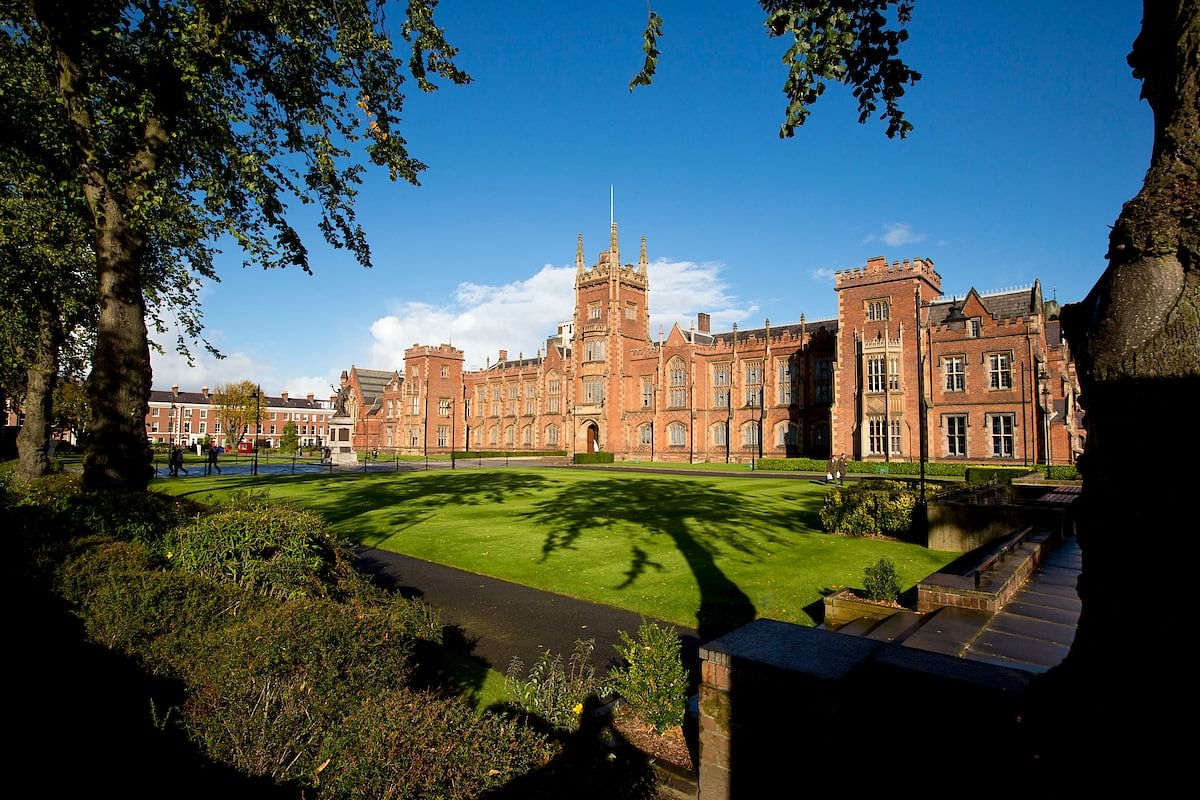
Through the 1960s, 1970s and 1980s, as the world moved on from traditional engineering like solid state telecoms engineering, it was natural for our engineers and innovators to follow suit into the digital age. At the same time, because of our natural proclivity to engineered solutions, together with our strong education system and commercial research organisations, we continued to produce talented people adept at digital innovation. This was supplemented by an influx of globally recognised companies which sought out new talent and innovation and leveraged Northern Ireland by establishing their UK or European research and development or service delivery businesses in Northern Ireland.
At the same time, two of our universities have their focus on Stem (science, technology, engineering, and mathematics) subjects, producing students that meet the demands of a modern digital economy. Additionally, they changed their research model to that of commercial research in which academics team up with engineers to produce research that are near-commercial products.
In the past 20 years, like what Singapore has done, Northern Ireland started actively courting foreign direct investment. For example, Citibank grew its workforce to almost 3,000 in the last 15 years, starting with customer support, then expanding to software development and US dollar forex settlement.
We are now known as the "Silicon Valley of Cyber" - the Centre for Secure Information Technology (CSIT) based in Belfast is the UK's Innovation and Knowledge Centre for cyber security. As a result, many American companies have invested in Northern Ireland. We are the number one international investment location for United States (US) cyber security firms. Belfast is also Europe's leading investment destination for new software development. Interestingly, the city is ranked number three - behind London and Singapore - as the fintech location of today and the future.
Many international companies have invested in Northern Ireland. From an Asian perspective, Rakuten, Japan's e-commerce giant, is a good example. It came to Northern Ireland to look for blockchain solutions and ended up acquiring a blockchain company, with many of its global blockchain solutions now developed in Northern Ireland.
Looking ahead into a new digital age, we recently announced two City Deals, whereby our two major cities Belfast and Derry/Londonderry and the areas surrounding them will be subject to more than £1.1 billion (approximately S$2 billion) investment in the next 15 years and funded approximately in equal proportions from the UK Government, the Northern Ireland Government and co-investment from the private and education sector. The investment will be used in the areas of innovation and digital; tourism; infrastructure enhancement; and of course investment in our talent and people.
What are some of the attractions for businesses considering to set up shop in Northern Ireland?
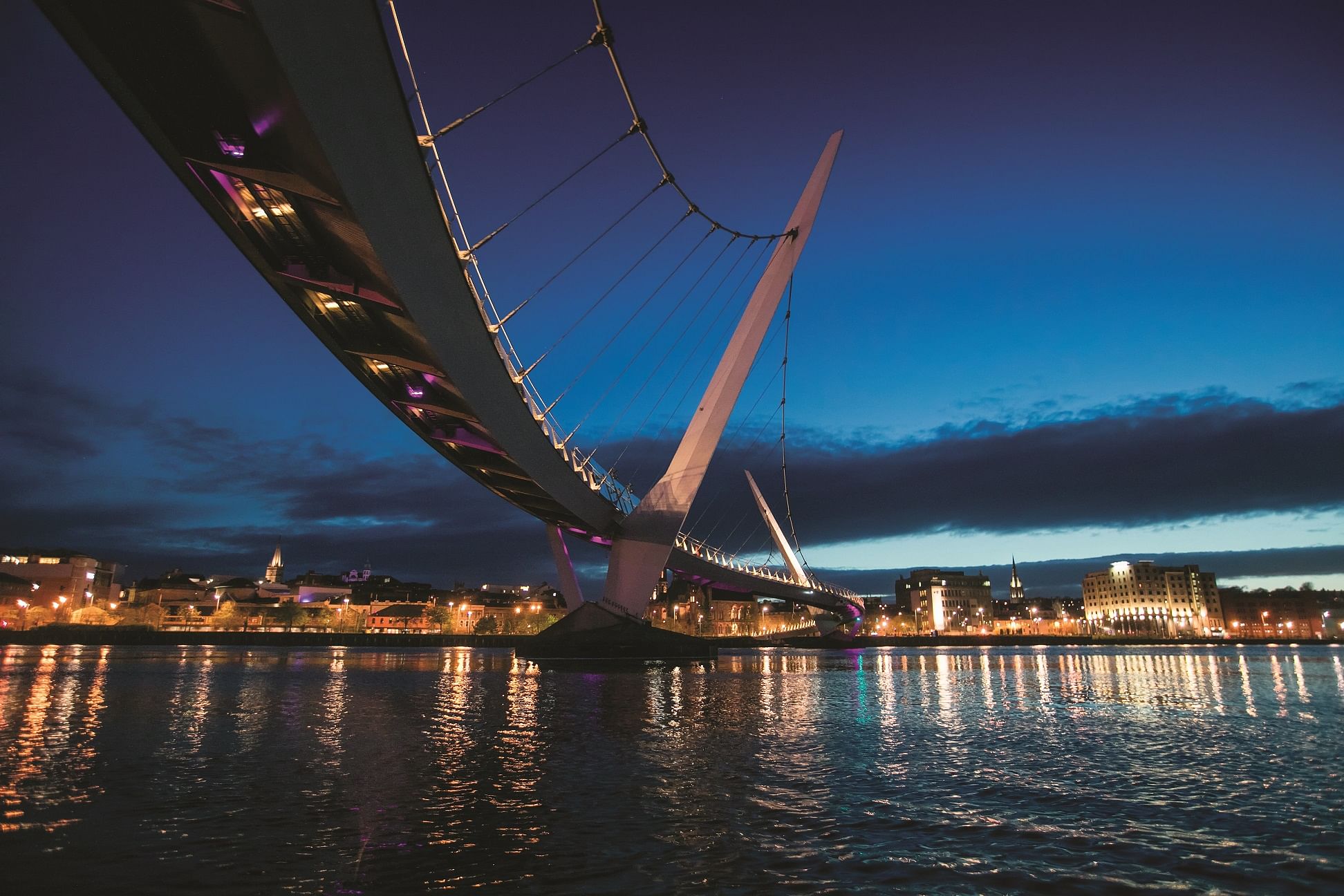
It boils down to talent, location, value and support that we provide to companies.
In terms of talent, we have great engineers and a world-class Stem education system and our people are naturally great engineers and innovators - it's in our DNA. For example, within the greater Belfast region, one-fifth of the workforce is employed in tech.
And we have a great location. You can develop a software and deliver the service to London, Europe or the east coast of the US as we have a fast fibre cable connection from Belfast to New York. While we sit at the edge of Europe, we are at GMT zero, and are at the nexus between customers and suppliers. We are a one-hour flight to London and under two hours' drive to Dublin.
Today, we are best known for digital technology such as cybersecurity, data analytics and software. We are now also seeing a significant increase in interest in advanced manufacturing, material science and electrical and electronic engineering. And our indigenous life science sector companies like Almac, Randox and Norbrook are now well known internationally and are expanding overseas.
We also provide good value for money for businesses. Operating costs in Northern Ireland are up to 30 per cent lower than other locations in the UK and Europe, and our 19 per cent corporation tax is the second-lowest in Western Europe.
And finally, Invest Northern Ireland offers one of the best research and development grant packages, employment support incentives and skills development to help new companies train their future employees.
Northern Ireland
Northern Ireland, marked yellow in this map, is part of the UK and has one of Europe's youngest and fastest growing populations, with 53 per cent under the age of 40. PHOTO: INVEST NORTHERN IRELANDPopulation: Approx. 1.85 million
Capital : Belfast
Location: Situated in the north-eastern part of the island of Ireland, it lies roughly in the middle of mainland Europe and the US
Access:
- Two hours by road or rail from Belfast to Dublin, capital of the Republic of Ireland
- A 60-minute flight to London from Belfast or Derry/Londonderry, the second largest city in Northern Ireland
- More than 750 flights and 100 ferry crossings per week
Next-generation telecommunications:
- 100 gigabyte per second telecoms link between Northern Ireland, Europe and North America
Visit www.investni.com/sffxswitch to find out more about Northern Ireland's role in SFFxSWITCH.
Brought to you by
